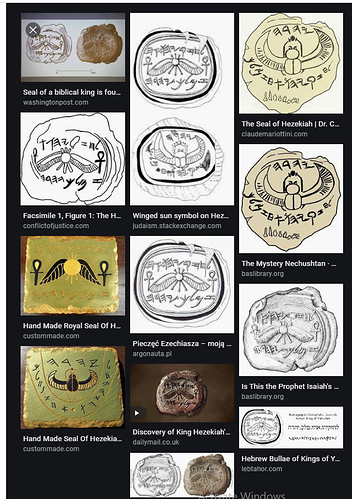I want to come back to this. I wrote:
Mitch replied:
Maybe because I was so tired yesterday and still am, I didn’t catch this yesterday. Mitch, you really need to slow down and read what is actually written. By what dictionary do you get to say that when I said DEAL, you think DEAL means WORSHIP?
As slightly alluded to in a later reply, I must mention that when one does a year of grad work in philosophy before going out into the real world, one does run into all sorts of interesting questions most people don’t ever run across. Such is the Euthyphro dilemma.
Are things moral because God wills them or does God will them because they are moral?
The best answer to this question I know of comes from Leibniz
he addresses it in 2 places.
G.W. Leibniz stated, in Reflections on the Common Concept of Justice (circa 1702): > “It is generally agreed that whatever God wills is good and just. But there remains the question whether it is good and just because God wills it or whether God wills it because it is good and just; in other words, whether justice and Goodness are arbitrary or whether they belong to the necessary and eternal truths about the nature of things.”
As a matter of fact it would destroy the justice of God. For why praise him for acting justly if the concept of justice adds nothing to his act? And to say, Stat pro ratione voluntas– ‘Let my will stand for the reason’–is definitely the motto of a tyrant. Moreover, this opinion wuld hardly distinguish god from the devil." Philosophical Papers and Letters, p. 561-573, p. 561
"
> By saying that things are not good by any rule of goodness but by God’s will alone, it seems to me that one unthinkingly destroys all love of God and all his glory. For why praise him for what he has done, if he would be equally praiseworthy in doing just the contrary? Where then will be his justice and his wisdom, if there only remains a certain despotic power, if will takes the place of reason, and according to the definition of tyrants, what pleases the most powerful is just by that alone.
" Gottfried Leibniz, Discourse on Metaphysics, Chicago: Open Court, 1902, p. 5.
Mitch, I agree with you that God must set morality because it is moral, not it is moral because it is what God wants.
I will go farther to say that this is one of the interesting things about the Triinity. Our God is a relational God–each part of the trinity has an interelationship with the other parts, and by the philosophy I learned years ago. Morality arises in relational situatins.
"Were all other things, gods and men and starry heavens, blotted out from this universe, and were there left but one rock with two loving souls upon it, that rock would have as thoroughly moral a constitution as any possible world which the eternities and immensities could harbor. It would be a tragic constitution, because the rock’s inhabitants would die. But while they lived, there would be real good thing and real bad things in the universe; there would be obligations, claims, and expectations; obediences, refusals, and disappointments; compunctions, and longings for harmony to come again, and inward peace of conscience when it was restored; there would, in short, be a moral life, whose active energy would have no limit but the intensity of interest in each other with which the hero and heroine might be endowed." William James, “The Moral Philosopher and the Moral Life,” in Max H. Fisch ed, Classic American Philosophers, (Englewood Cliffs: Prentice-Hall, 1951), p. 173
Furthermore, this relational aspect of the triune God has a strong impact on God’s ability to love. A singlet God, alone in the universe is likely to create man out of his needs, not for our need to have someone love him. Such a situation is someone narcissistic, not agape. A triune god which shares love with the other members of the trinity, does not need to create us to ‘love him’ He can create us to love us.
To bring this back to the topic of this thread, it is clear to me from Rom 6:10 and other verses that Jesus paid for everyone’s sin. ‘not wishing that any should perish’, but that doesn’t mean everyone will opt for salvation. It is also clear that this is true from verses like 1 peter 4:17-18
For the time is come that judgment must begin at the house of God: and if it first begin at us, what shall the end be of them that obey not the gospel of God? 18 And if the righteous scarcely be saved, where shall the ungodly and the sinner appear?
If everyone makes it to heaven, there is no reason for that question to be asked. And while many don’t like Revelation, unless we make this verse say what it doesn’t say there will be people who don’t make it to heaven. Rev 20:15
And whosoever was not found written in the book of life was cast into the lake of fire.
![]() 1Sa 28:15 Then Samuel said to Saul, “Why have you disturbed me by bringing me up?”
1Sa 28:15 Then Samuel said to Saul, “Why have you disturbed me by bringing me up?”
